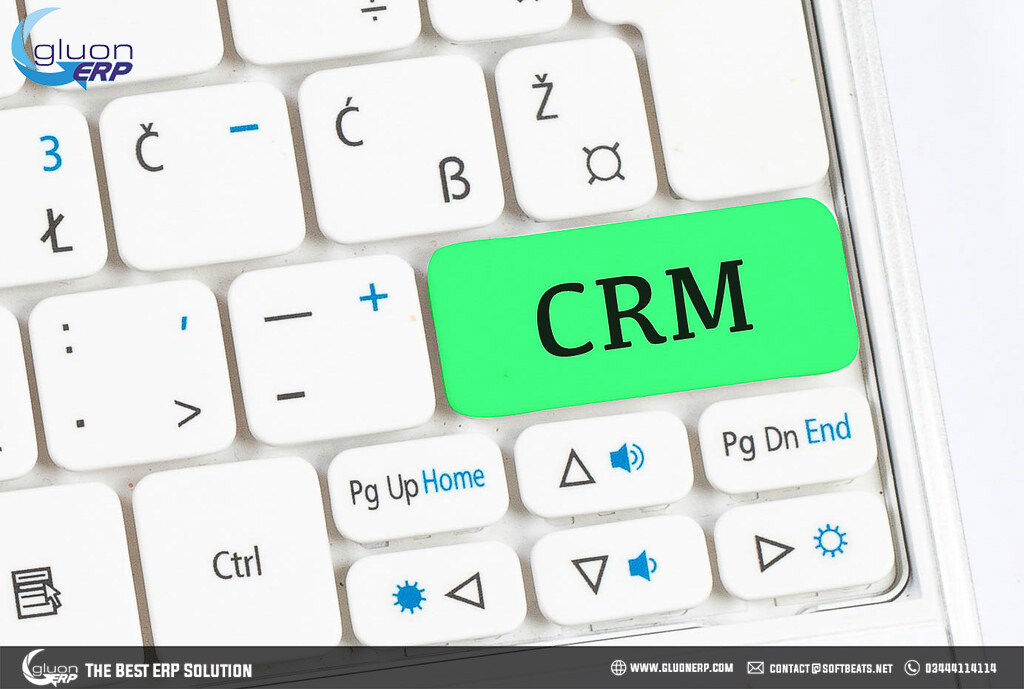
Many people question, how CRM can boost sales? Customer Relationship Management (CRM) system is most advantageous for sales managers and directors as sales data can be stored centrally and is accessible in an easy-to-follow format. This, in turn, allows them to enhance their sales as they can easily supervise sales processes and employee performances using CRM. CRM then aids in optimizing sales in the organization, from top to bottom.
So, how can using a CRM increase your sales performance? In a survey, around 76 SMEs which use CRM stated that their sales have increased by thirty-five per cent over our average quarterly turnover last year and it can be 100 per cent attributed to CRM. CRM was not a very successful program 7 to 8 years ago when people in the telecom industry would simply add on their deals in the CRM because tracking everything else in the communication from meetings to discussions of clients was just absolutely impossible and the direct line managers or sales managers would realize this and knew that it would take time off selling. The reality of the matter is that things have changed, CRM has become much more automatic. Tracking the whole process is so much easier, so let’s discuss a few ways that CRM has changed and motivates salespeople to use a CRM in their sales process.
How can CRM increase your sales?
- The first is, email integration, both Gmail and Outlook integrate perfectly into most modern-day CRM. Sending an email to a prospect is tracked, sending a meeting request to a prospect it’s tracked.
- Salespeople no longer have to go manually track their tasks in a CRM. Tasks are integrated into this automation; real-time notifications are generated to make the process more seamless.
- Next thing that really kind of enhances the productivity of a sales team are templates and documents most modern CRMs have. A plethora of templates and documents are available to salespeople to end their clients every day, making their lives easier.
- Most modern-day CRMs now find help salespeople the right prospects to target. Using AI, CRMs now indicate salespeople about the right prospect to focus on. This, in turn, helps the sales representatives in targeting only the most converting sales prospects.
- CRM ensures safe and efficient information storage. With CRM Salespeople can always have uninterrupted access to all their contacts, sales opportunities, activities and scheduled plans from multiple locations and information will never just get lost.
- With CRM salespeople can optimize their daily schedules and give priority to tasks and ensure customers are not overlooked and the key clients are contacted on time. Moreover, CRM allows salespeople to spend more time with their customers as it helps them remember the context hence clients will feel a deeper connection with the salespeople. That is what helps in closing more deals and creating a stronger customer base.
- CRM smoothens out the reporting process as it automates the generation of weekly or monthly reports. The process requires just a few clicks to inform others about what sales are currently in progress, making it hassle-free and transparent.
- Since CRM allows criteria based selections, salespeople can recognize important opportunities without having to go through unorganized lists of data, saving time and in turn increasing productivity.
- CRM offers to share of information like calendars, document templates and e-mail integration and selling patterns, this keeps all the sales force up to date, enabling them to see what works best and apply that information to increase their sales.
- By tracking all communication with the customers, CRM helps salespeople to know exactly when customers need to be contacted; for example, for product replacement, contract renewal, or for an upsell to a new product or service. This all increases your chances of closing a sale.
- Since CRM can store and track all customer-related data and communication. It builds a customer database and can help salespersons know exactly when their clients need to be contacted, i.e for contract renewal, or a product replacement. It can also help in identifying past customer issues which salespersons can use to refer alternate solutions in the future.
Conclusion
In a nutshell, salespeople and CRM are not an immediate “match made in heaven”, but the more time these two spend together – the stronger the attraction between them becomes. CRM is no magic and will not change your life as a salesperson, but will assist you in ways where you will have more time for the important tasks. Salespeople can consider CRMs their personal assistants, who help them boost their sales.
So, what are your experiences in getting sales teams on board with CRM? Do you have any other reasons as to why salespeople need CRM? Please share your thoughts in the comments below.
If you’d like to learn more about how GLUON CRM can help your sales team, sign up for a free demo below.
To find out more, visit our Facebook Page.




Comments